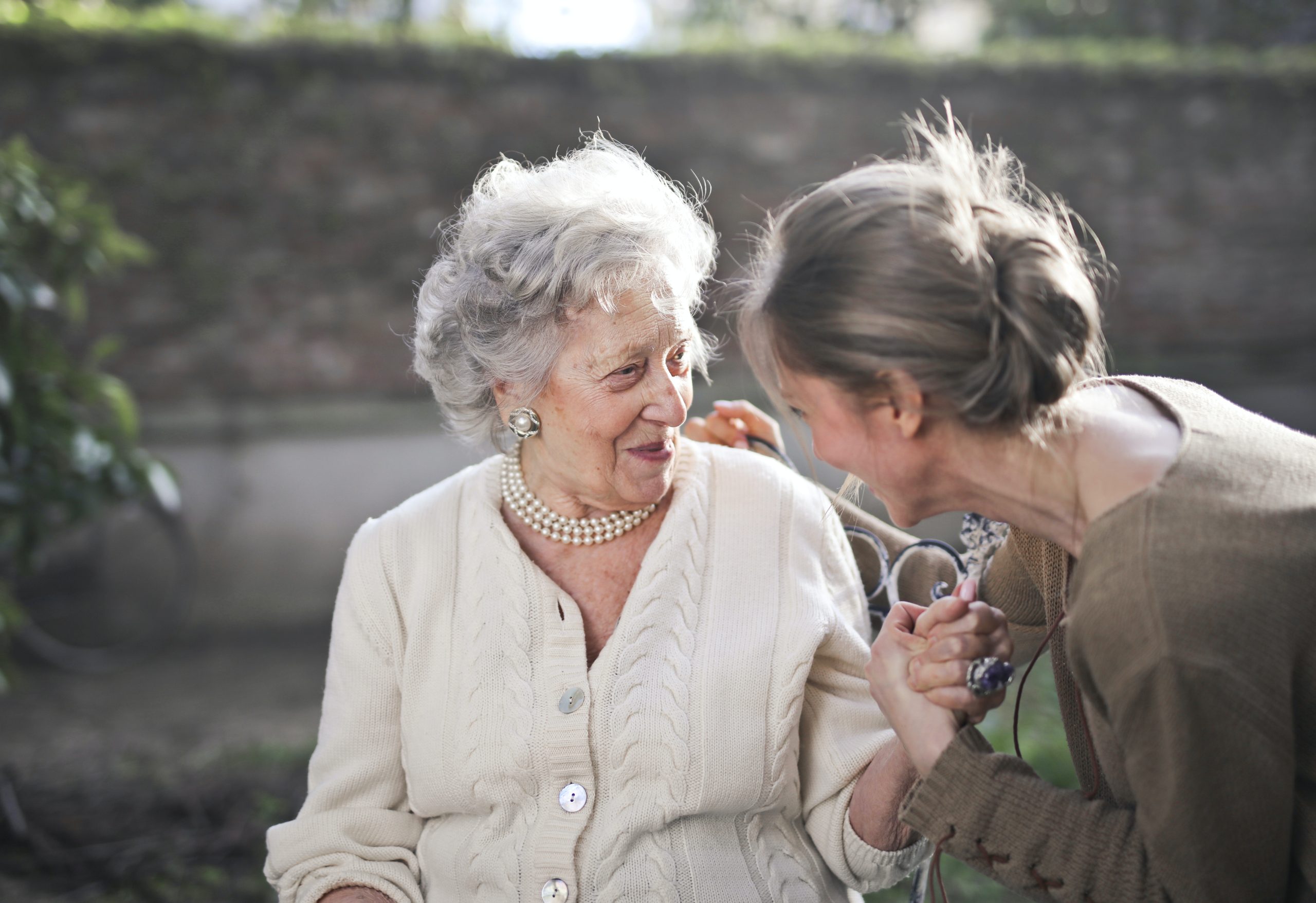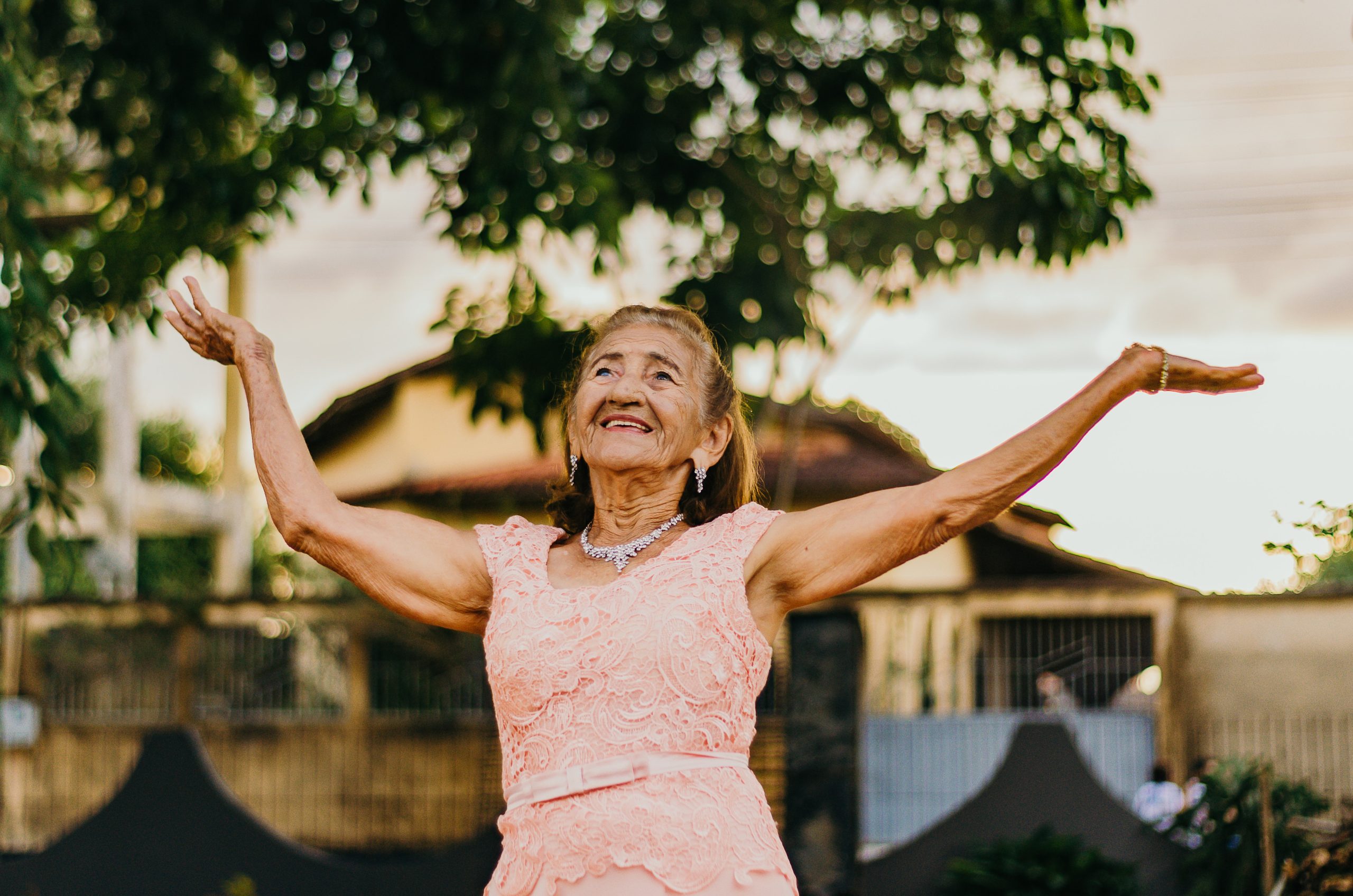Category: Caregiving & Support
Caregiving & Support: This section provides valuable information and resources for seniors, their families, and caregivers to better navigate the challenges of caregiving. Topics covered include home care, respite care, long-term care planning, caregiver support, and coping strategies for common issues related to aging and caregiving. Our aim is to offer practical advice, emotional support, and useful resources to assist seniors and their caregivers in maintaining the highest possible quality of life.
The Role of Speech Therapy in Improving Communication Skills
What is speech therapy? Speech therapy, also known as speech-language therapy or speech-language pathology, is a specialized form of therapy that focuses on improving communication skills. It is designed to help individuals who have difficulty with speech, language, voice, fluency, or swallowing. Who can benefit from speech therapy? Speech therapy can benefit people of all…
Read MoreThe Benefits of Occupational Therapy for Stroke Survivors
What is occupational therapy? Occupational therapy is a form of therapy that helps individuals who have experienced a stroke regain their independence and improve their ability to perform daily activities. It focuses on improving physical and cognitive skills, as well as addressing emotional and psychological challenges that may arise as a result of the stroke.…
Read MoreHow Physical Therapy Can Improve Mobility and Functionality
How can physical therapy improve mobility and functionality? Physical therapy can improve mobility and functionality through a variety of techniques and exercises. Therapists work with patients to create personalized treatment plans that target specific areas of concern, such as joint mobility, muscle strength, and balance. By addressing these areas, physical therapy can help individuals regain…
Read MoreThe Science Behind Personal Care: How It Impacts Your Mental and Physical Health
The Science Behind Personal Care: How It Impacts Your Mental and Physical Health What is personal care? Personal care refers to the activities and practices individuals engage in to maintain their physical, mental, and emotional well-being. It includes actions such as hygiene practices, grooming, exercise, relaxation techniques, and self-care routines. How does personal care impact…
Read MoreCreating Inclusive Communities for Individuals with Disabilities
What is the importance of creating inclusive communities for individuals with disabilities? Creating inclusive communities for individuals with disabilities is crucial for promoting equality, diversity, and social integration. It allows individuals with disabilities to fully participate in society, access essential services, and enjoy a better quality of life. Inclusive communities foster a sense of belonging…
Read MoreThe Role of Exercise in Parkinson’s Care: Benefits and Best Practices
The Role of Exercise in Parkinson’s Care: Benefits and Best Practices What is the role of exercise in Parkinson’s care? Exercise plays a crucial role in Parkinson’s care as it offers numerous benefits for individuals living with the condition. Regular physical activity can help improve strength, flexibility, balance, and coordination, which are often affected by…
Read MoreManaging Behavioral Symptoms in Alzheimer’s: Strategies for Caregivers
Question: What are the common behavioral symptoms observed in Alzheimer’s patients? Answer: Alzheimer’s disease often presents various behavioral symptoms, including agitation, aggression, wandering, verbal or physical outbursts, hallucinations, delusions, sleep disturbances, and repetitive or compulsive behaviors. Question: Why do Alzheimer’s patients experience behavioral symptoms? Answer: Behavioral symptoms in Alzheimer’s are primarily caused by the progressive…
Read MoreCreating a Safe and Stimulating Environment for Individuals with Dementia
Question: What is dementia? Answer: Dementia is a syndrome characterized by a decline in cognitive abilities, such as memory loss, thinking skills, and problem-solving. It is usually caused by damage to the brain cells, affecting a person’s daily functioning and behavior. Question: Why is it important to create a safe environment for individuals with dementia?…
Read MoreThe Role of Respite Care in Preventing Caregiver Burnout
What is respite care? Respite care refers to temporary relief for caregivers who are taking care of individuals with chronic illnesses, disabilities, or special needs. It provides caregivers with a break from their caregiving responsibilities, allowing them to recharge and reduce the risk of burnout. Why is respite care important in preventing caregiver burnout? Caregiving…
Read MoreThe Power of Peer Support: How Caregiver Support Groups Provide Emotional and Practical Assistance
The Power of Peer Support: How Caregiver Support Groups Provide Emotional and Practical Assistance What are caregiver support groups? Caregiver support groups are gatherings of individuals who are providing care for a loved one, typically someone with a chronic illness, disability, or aging-related needs. These groups offer a safe and supportive environment for caregivers to…
Read More







